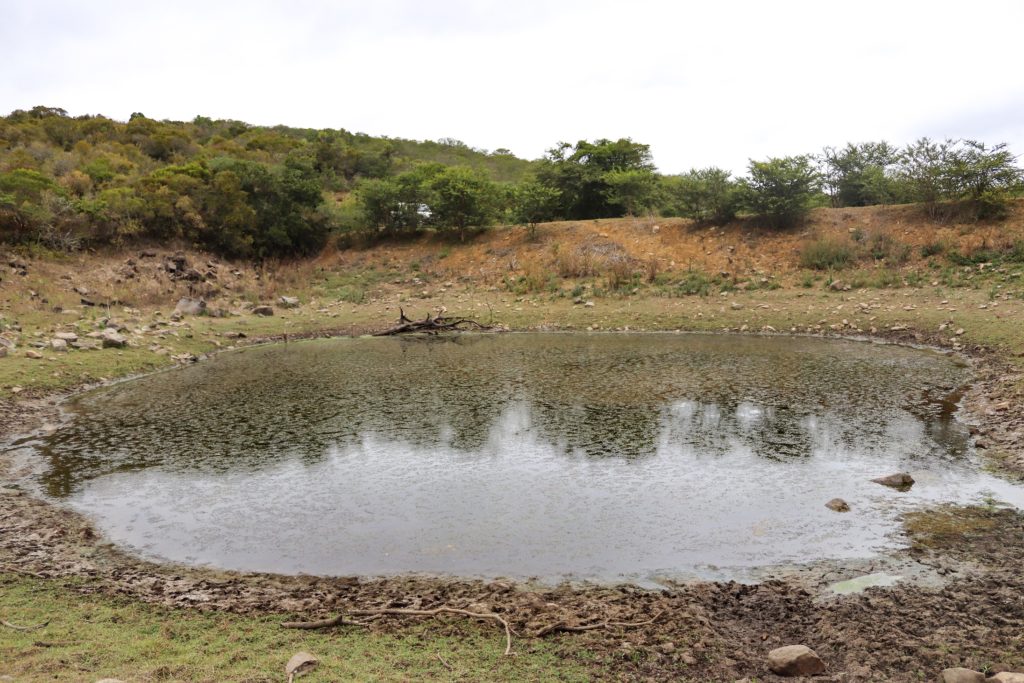- Throw used tissues in the bin (instead of the toilet).
- Defrost food in the fridge.
- Reuse towels as much as possible.
- Reduce the frequency of washing clothes. Only wash full loads.
- Do not play with water (i.e water balloons, water toys, etc.).
- Do not use water for cooking where possible.
- Sweep floors and driveways instead of washing.
- Do not leave taps running. Turn off the shower when not rinsing. Fix any leaking or dripping taps.
- Make use of water-saving low flow taps.
- Do not boil more water than you need.
- Fill the cistern on your toilet with a brick or other objects to reduce it’s size.
- Avoid washing your car unless it is absolutely necessary.
- Cover your pool. Portable pools often waste more water than they retain, so they should be avoided.
- Borehole water should be used wherever possible. Make it clear where borehole water is being used.
- Save any water in a bucket instead of letting it wash down the drain.
- Capture and save any rain water when it comes.
- Check your water meter and bill. Make sure that it is accurate.
- Wash dishes wisely. Do not let them pile up, and use only the dishes that you need.
- Use grey water, such as urine and other waste water, to water your garden.
- Buy products that do not need a lot of water to use, or that do not need a lot of water to produce.
- Save shower and bath water in a bucket for use elsewhere. Shower shorter and less often.
- Use aerators on taps to reduce the amount of water being used while maintaining the pressure.
- Discus water usage within your home, and set household water goals. Check that everyone in your household is adhering to water targets. Make water saving a game for kids.
- Install a dual flush system on your toilets.
- Make use of indigenous plants and remove invasive species.
- Reduce the size of your lawn.
- Only flush toilets if it is necessary. Saving water should not make you sick.











